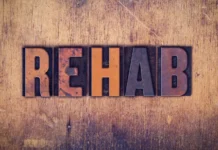
Gambling is a phenomenon that occurs in various forms in almost all cultures. All around the world, people are losing everything due to gambling addiction. Most of the time, they are embarrassed to mention it, and it is considered a taboo subject for them. Experts, on the other hand, are attempting to identify strategies to assist those individuals. They distinguish three different forms of gambling: social, professional, and pathological. Continue reading and see if you or any of the people that are close to you show these signs, and if necessary, find a way to get help.
Social, professional, and pathological gambling – what is the difference?
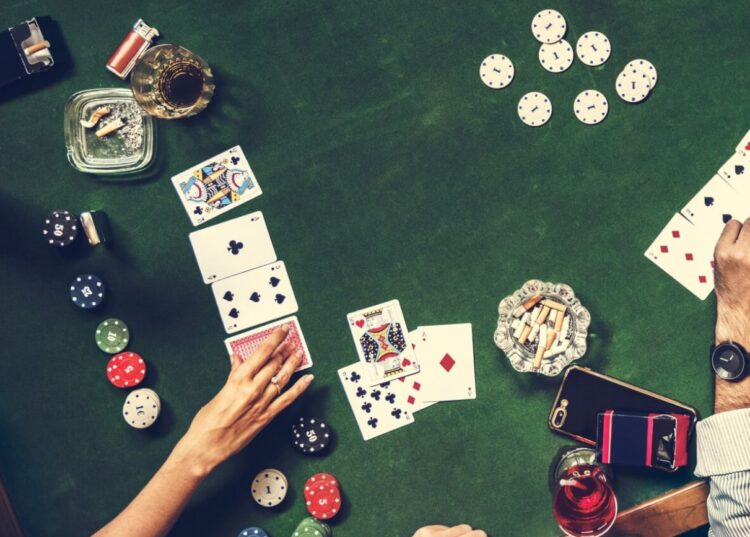
- Social gambling is a culturally acceptable entertainment and game that does not have a preoccupying character and that does not cause more serious negative consequences. Playing poker occasionally with your friend is fine, as long as it doesn’t turn into an everyday activity where big money starts to come into stakes.
- Professional gambling is a job performed by trained, skilled, and disciplined people. Simply put, professional gamblers’ job is to gamble and it is the main source of their income.
- Pathological gambling is a condition characterized by recurrent periods of gambling that take over a person’s life, causing harm to social lives, work, material, and family values and commitments. Once a person comes to this stage, you know it’s become an addiction.
Top 3 signs of gambling addiction
1. Can’t stop = won’t stop
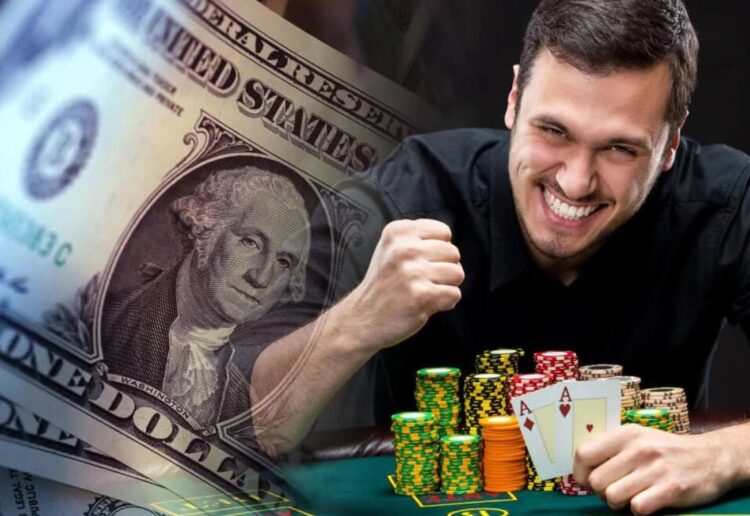
The first sign of gambling addiction is the most obvious one. Whatever people are addicted to, they can’t stop doing it and they are completely obsessed with that activity. No matter what they do, they can’t stop thinking about the time they’re going to gamble again. In their spare & work time, and even in bed, addicts think about the next opportunity at the table and the money they are willing to invest. Experienced players know when it’s time to get up from the table and move on. Addicts don’t. It is impossible for them to stop. When they finally sit at the table, the game is on! The game lasts until they lose everything (in most cases). When they end up without money, they start selling some of their valuable things, such as watches, jewelry, cars, and sometimes even their houses.
2. Keeping secrets and lying all the time
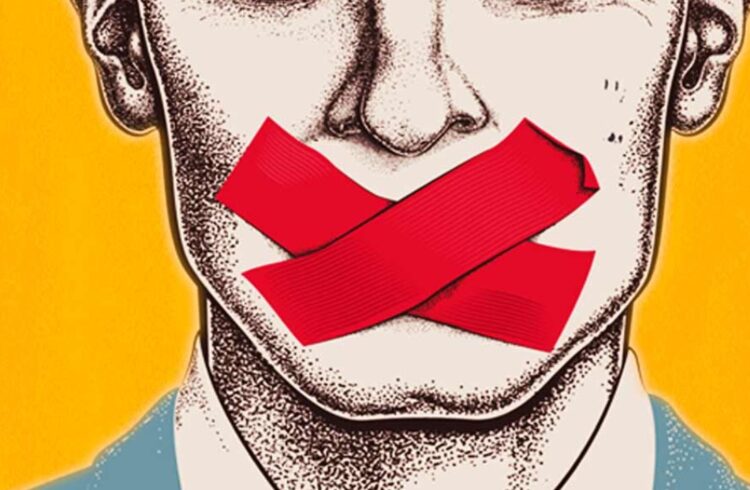
If someone close to you lies about where they are going and then they end up in a casino, it could be an indication of a gambling issue. Playing for fun does not end with keeping secrets and lying to loved ones because a person who gambles for fun has nothing to be ashamed of. When a person who gambles knows that their actions are completely wrong and that they should stop, they feel guilty and do not want to reveal their big secret. If you see that someone close to you is running out of money too quickly and you don’t know where they are most of the day, there’s a good chance they have a problem, and you need to react as soon as possible. Rarely does a person admit to having an addiction, only to lie about how much money they have lost as a result. Gamblers fall into this continuous circle of lies, finding it difficult to find a way out. Offer them help; they will probably refuse it, but the key is in being persistent!
3. Refusing to admit the truth
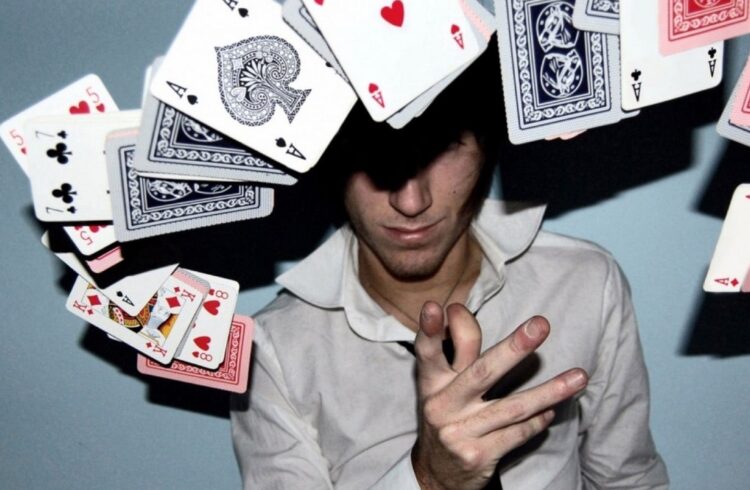
The first and most important step in recovering from gambling addiction is to recognize that a person has a problem at all. You or your loved ones may need encouragement and help to recognize and see the problem. Admitting that you are powerless in trying to beat their addiction can be difficult, and sometimes impossible, without help. If you notice someone who refuses to recognize they have a problem and can’t quit playing, they are most likely suffering from gambling addiction. Be supportive; try to talk to them, in case they have a problem. On the other hand, if you’re the person who has a problem, don’t be embarrassed and ashamed of getting help. It shouldn’t be a taboo subject, and these are the things that should be talked about in private!
What are your options when it comes to professional help?

Treating gambling is not easy. It is a difficult task for both gamblers and experts who are finding new ways to help those people. Looking for professional treatment is the best way to solve these problems. Treatments are different for each patient. However, there are a few ways to treat this disorder:
- Psychotherapy – the treatment of a mental health disorder by talking to a psychiatrist, physiologist, or mental health provider. It could also be (CBT) cognitive-behavioral therapy. This treatment uses systematic exposure to certain behaviors, such as forgetfulness. It reduces your desire to gamble in casinos.
- Self-help groups – participating in various support groups can help you, or anyone for that matter. Talking to those who have the same problems can be a useful part of recovery. Ask your healthcare provider for self-help groups to know which group they will participate in. No matter how difficult it can be, once a person decides to start their recovery process, there is usually a lot of support from family and friends, who make the whole process much easier.
- Medications – even though there is no cure for gambling addiction yet, but since this addiction is often in the background of some other disorders (personality and attention disorders, depression, addiction to psychoactive substances, social phobia, etc.), medications can help to recover from this issue. Seeking mental treatment means getting mood stabilizers or antidepressants that help treat gambling-related problems.
Where to find the help you need?
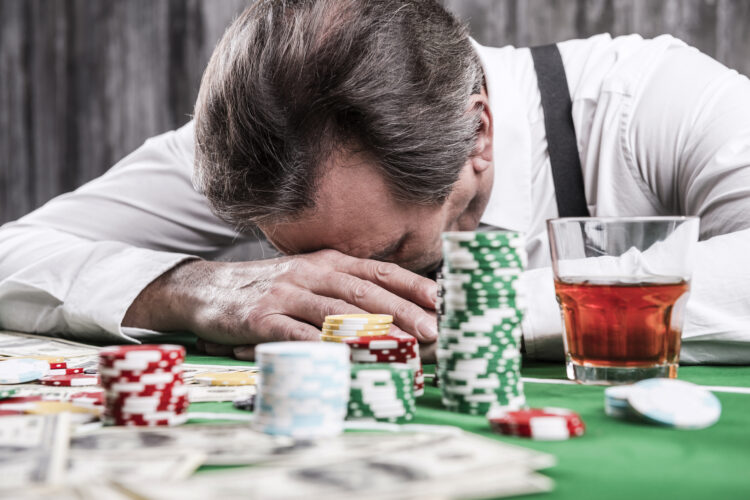
If you want help from a team of experts, made or well-trained therapists, psychologists, and psychiatrists. Counseling with experienced therapists who employ a variety of strategies can assist you in dealing with mental issues that may be the cause of your gambling. With time & consultations, they will come up with a solution that works best for you!






